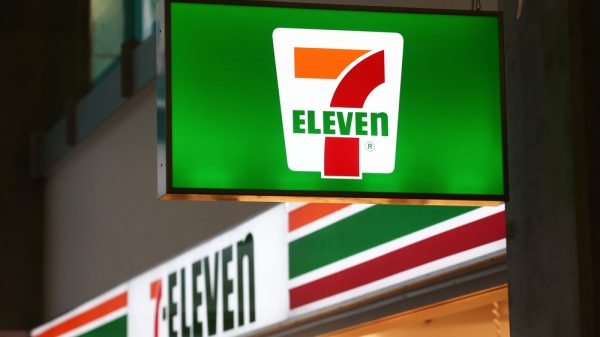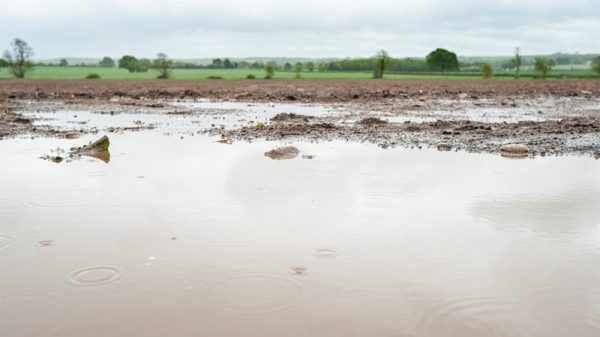Tesco has teamed up with five of its largest field vegetable suppliers to launch the UK’s biggest ever commercial roll-out of low-carbon fertiliser.
According to the company, the roll out will help boost the UK’s food security, while also cutting down greenhouse gas emissions in its supply chain.
As a result, eight fertiliser alternatives will be used across 1,300 hectares in the 2023 growing season, with plans to increase to at least of 4,000 hectares next year across suppliers.
Subscribe to Grocery Gazette for free
Sign up here to get the latest grocery and food news each morning
The move is also expected to reduce GHG emissions by up to 20% in the first year, at no extra cost to farmers.
The Big 4 grocer also plans to introduce the low carbon alternatives to other produce areas, including dairy, beef, lamb and wheat and barley supply chains.
According to Tesco, the first year will produce up to 70,000 tonnes of fresh produce, growing to 200,000 tonnes in 2024.
“Fertilisers are a large source of emissions in farming, but high prices and uncertainty have made it hard for farmers to take advantage of low-carbon alternatives,” Tesco group quality director Sarah Bradbury said.
“We hope that by working with our suppliers, our learnings from this roll-out of low carbon fertilisers can prove their potential to cut emissions and demonstrate what it would take to scale up production in the UK.
“It’s vital we keep costs manageable for farmers facing the most challenging market conditions in a generation and help our customers to eat in a way that’s good for planet and pocket.”
Six of the eight fertiliser producers will be manufacturing their products in the UK from material including food waste, chicken litter, fire extinguisher waste and algae.
This comes as, research revealed chemical fertiliser costs rising by as much as 140% over the last year.
As a result, low-carbon fertilisers could also be a cost-effective alternative for suppliers struggling with shortages caused by the war in Ukraine.









